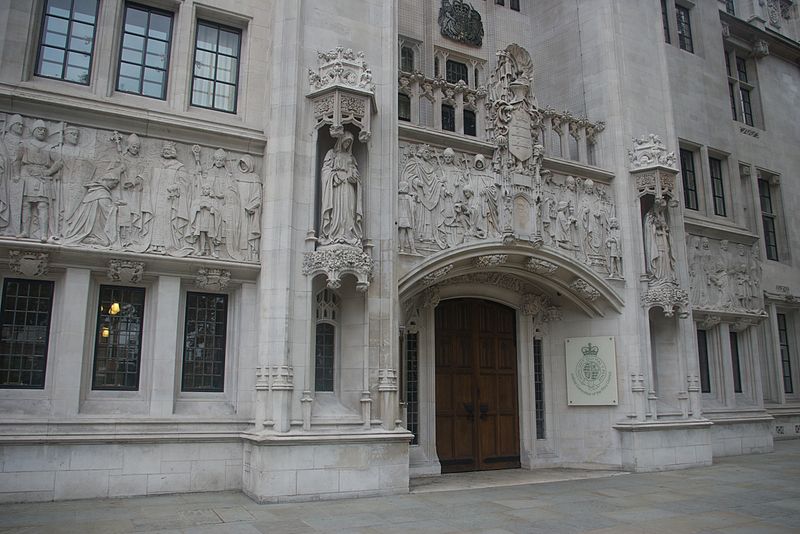

9 However, recent protracted diplomatic stand-offs with Italy and United States, have given rise to a number intriguing questions of international law relating to the enforcement of the Vienna Convention on Diplomatic Relations and the Vienna Convention on Consular Relations (shortly, as Vienna Conventions). India is a home to one of the oldest diplomatic traditions in the world. 8 The States-parties have also aggravated this situation by selectively interpreting the rules in their favor, ignoring the fact that reciprocity is the basis for the successful functioning of diplomatic protection. 7 These have included reports suggesting the involvement of diplomats in the commission of international crimes, such as drug trafficking, organized crime and terrorism. In recent times, unfortunately, there has been a growing tendency amongst diplomats to abuse their status to commit acts prohibited by law and still claim immunity from legal process.

Diplomatic immunity laws usa free#
However, despite the codification of the above rules, which is largely based on the pre-existing customary international law, 6 the scope of diplomatic protection offered thereunder has not been free from issues and controversies. The twin instruments are also known for their high amount of ratifications and the influence that they have on day-to-day conduct of international relations.

4 Together with the Vienna Convention on Consular Relations, 5 these two instruments systematized for the first time the rules governing the immunities and privileges available to foreign officials. 3 It may also rightfully claim to be the most successful instrument ever drawn up under the aegis of the United Nations, thanks to the ‘high degree of observance’ among States parties. 2 It represented the first significant codification of any international instrument since the United Nations was established. The successful adoption of the Vienna Convention on Diplomatic Relations 1 is hailed as the ‘landmark of the highest significance in the codification of international law’. Based on the study, it highlights the need for a well-balanced and equitable enforcement of the Vienna Conventions in the interest of maintenance of cordial diplomatic relations in the international community. It explores the two recent Indian diplomatic confrontations, namely, the arrest of Devyani Khobragade and the travel ban on Daniele Mancini. In this connection, this paper addresses the problem of abuse of immunities and privileges and its adverse implications on the balance between immunities and the duty to respect the local laws and regulations, especially with special reference to the recent Indian experience. The States-parties also aggravate this situation by selectively interpreting the rules in their favor, ignoring the fact that reciprocity is the basis for the successful functioning of the diplomatic protection. In recent times, unfortunately, there is a growing tendency amongst the diplomats to abuse their diplomatic status to commit acts prohibited by law and still claim immunity from legal process. However, despite the codification of the above rules, which is largely based on the pre-existing customary international law, the scope of diplomatic protection was not free from issues and controversies. It represented the first significant codification of any international instrument since the United Nations was established.

The successful adoption of the Vienna Convention on Diplomatic Relations is hailed as the ‘landmark of the highest significance in the codification of international law’.


 0 kommentar(er)
0 kommentar(er)
